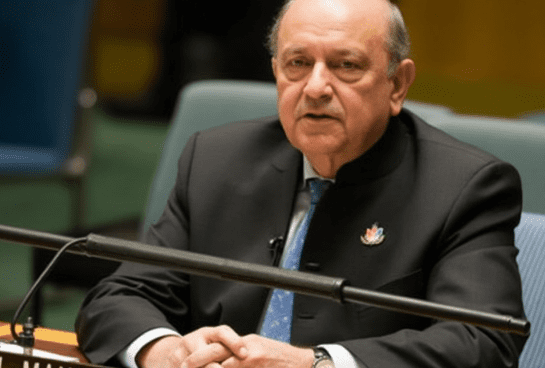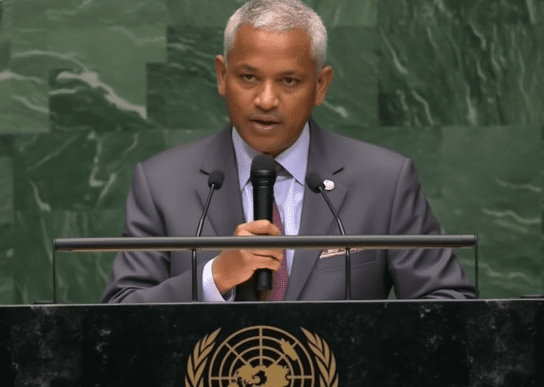On October 11, 2024, the Nobel Committee is set to announce the recipient of the prestigious Nobel Peace Prize, an event that always draws global attention. This year, however, the announcement comes against a backdrop of intense international conflict and widespread debate over the appropriateness of awarding the prize amid such unrest.
A Year Marked by War and Humanitarian Crises
The year 2024 has been particularly grim, with violent conflicts such as the ongoing war in Ukraine and the escalating situation between Israel and Hamas. These events have left many questioning whether a peace prize should be awarded in such a turbulent time. Some suggest that withholding the prize could send a powerful message, signaling that the world has failed to make meaningful strides toward peace this year. This mirrors the Nobel Committee’s decision in 1972, when the prize was not awarded due to a lack of suitable candidates. On the other hand, many argue that recognizing even small-scale efforts toward peace is more critical than ever, highlighting the importance of those working tirelessly to resolve conflicts and promote dialogue.
Top Contenders for the 2024 Prize
This year, the Nobel Committee received nominations for 197 individuals and 89 organizations, reflecting the ongoing challenges in the global peace landscape. Among the frontrunners are key international institutions like the International Court of Justice (ICJ) and UNESCO, both of which have played significant roles in fostering peace through diplomacy, legal intervention, and educational outreach.
The ICJ is considered a strong candidate for its role in resolving international disputes and holding perpetrators of war crimes accountable. Meanwhile, UNESCO’s efforts to promote global cooperation through culture, science, and education resonate with the Nobel Peace Prize’s core values of fostering understanding and harmony between nations.
The Role of Symbolism in the Nobel Peace Prize
Over the years, the Nobel Committee has become known for its unpredictability, often awarding the prize to individuals or grassroots organizations whose efforts may not be widely recognized but are seen as symbolizing hope and perseverance. In a year as fraught with conflict as 2024, the committee could surprise observers by selecting an under-the-radar candidate whose work represents the promise of peace, even in the face of overwhelming adversity.
Alternatively, the committee might choose to make a bold statement by withholding the prize altogether, an act that would underscore the difficulty of achieving peace in a world where wars and human rights violations continue to dominate the headlines.
The Broader Implications of the 2024 Prize
Regardless of the outcome, the 2024 Nobel Peace Prize will serve as a reflection of the current global state of affairs. Whether the prize goes to a major international body, a lesser-known movement, or is not awarded at all, it will spark important conversations about the role of peacebuilding in an era defined by conflict and division.
As the world watches the Nobel Committee’s decision, the 2024 Peace Prize will not only recognize those striving to create a more peaceful future but also challenge us to reflect on the immense obstacles that remain in the pursuit of global harmony.













